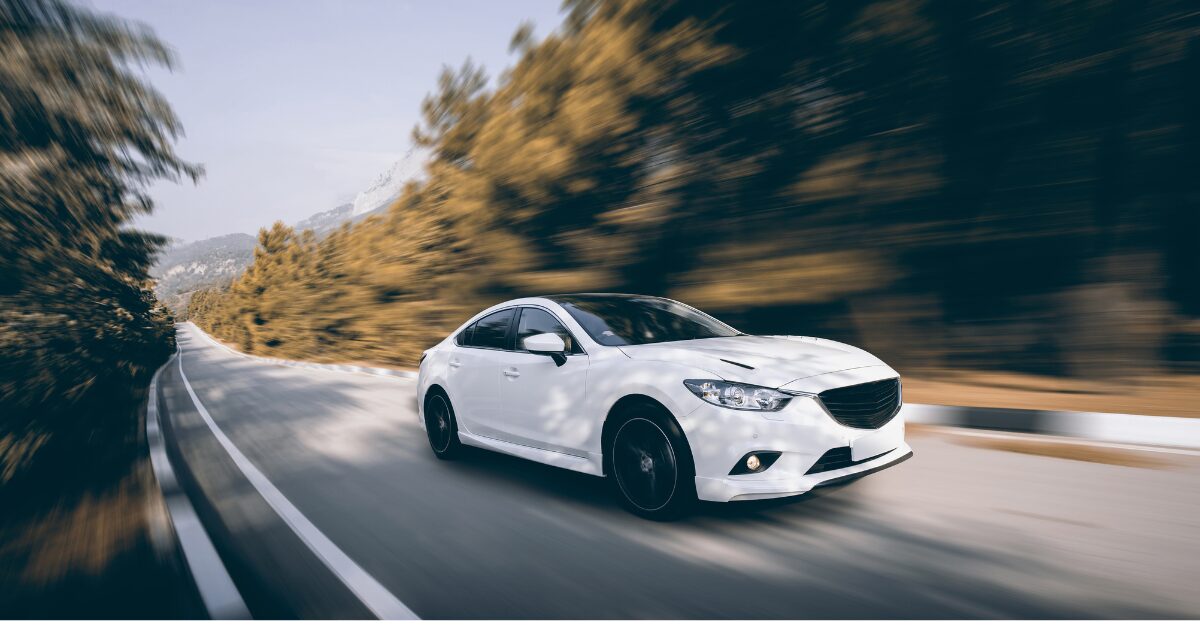
On 13 March 2024, MEPs approved new European Union (EU) legislation to reduce emissions from cars, vans, buses, trucks and trailers. To better understand the content of the article, we start with an introduction to the topic – context.
Context
10 November 2022. The European Commission has proposed stricter air pollution emission standards for vehicles with internal combustion engines, regardless of the type of fuel used. The current emission limits apply to cars and vans (Euro 6) and buses, trucks and other heavy-duty vehicles (Euro VI). By adopting this report, Parliament is responding to citizens’ expectations to promote the purchase of electric vehicles that meet high standards of battery life, accelerate the development of digital and electric infrastructure and reduce the EU’s dependence on foreign energy suppliers, as proposed in conclusions 4(3), 4(6), 18(2) and 31(3) of the Conference on the Future of Europe.
Outcome of the vote on 13 March
With 297 votes in favour, 190 against and 37 abstentions, the European Parliament adopted the agreement reached with the Council of the European Union on the Euro 7 regulation on the type approval and market surveillance of motor vehicles. The new standards will require vehicles to maintain a high standard of cleanliness throughout their lifetime.
Reducing emissions and increasing battery life
For cars and vans, the existing Euro 6 test conditions and emission limits will remain in place. For buses and trucks, stricter emission limits, measured both in laboratories and in real-world driving conditions, will be applied, while the Euro 6 test conditions will remain in place. For the first time, EU standards will include particulate matter (PM10) emission limits for cars and vans, and minimum battery life requirements for electric and hybrid cars.
Better information for consumers
An environmental vehicle passport will be available for each car and will include information on its environmental impact at the time of registration, such as:
- emissions limits,
- CO2 emissions,
- fuel and electricity consumption,
- electric range,
- battery life.
Vehicle users will also have access to up-to-date data on fuel consumption, battery status, emissions and other relevant information generated by on-board systems and monitors.
Statement by the European Parliament rapporteur
“We have struck a balance between environmental objectives and the vital interests of manufacturers. We want to ensure the affordability of new smaller internal combustion engine cars for domestic customers, while allowing the automotive industry to prepare for the expected transformation of the sector. The EU will now also address emissions from brakes and tyres, and ensure that batteries last longer,” says Alexandr Vondra of the European Conservatives and Reformists Group.
Next steps
The Council of the European Union still needs to formally approve the Euro 7 agreement before it comes into force. The regulation on the new emission standards is due to enter into force 30 months after adoption for cars and vans, and 48 months for buses and trucks.



